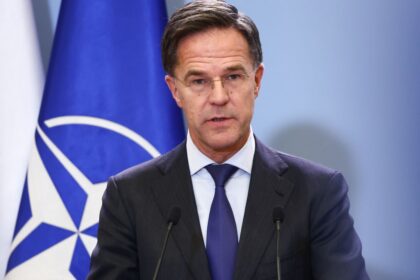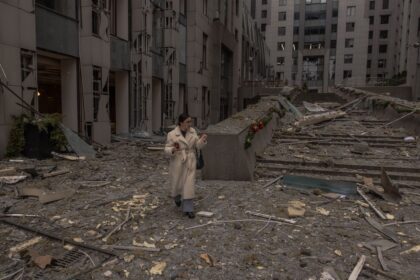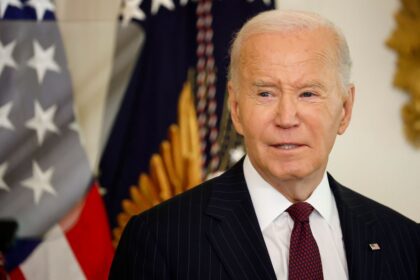**Ukraine’s Deep Strikes Inflict $10 Billion in Damage on Russia, Says Commander-in-Chief**
In a briefing to journalists on June 21, Ukrainian Commander-in-Chief Oleksandr Syrskyi revealed that Ukraine’s deep strikes against Russian territory between January and May have cost Moscow over $10 billion. The damage includes $1.3 billion in direct costs to industrial facilities and infrastructure.
The remaining $9.5 billion is estimated indirect damage caused by the disruption of Russian industrial activities. This puts the cost-to-result ratio of Ukrainian deep strikes at 1:15, according to Syrskyi. Ukraine’s DeepStrike strategy involves targeting Russia’s oil refining sector, fuel and lubricants facilities, energy and transport support, and strategic lines of communication.
The attacks have been effective in undermining Moscow’s ability to wage war. “Remember that during negotiations, the Russian side listed a halt to strikes against the oil refining industry as one of the conditions,” Syrskyi noted. Oil and gas exports are crucial for Russia’s economy and play a key role in sustaining its war effort.
**Ukraine Continues Deep Strikes**
Despite the significant damage inflicted on Russia, Ukraine plans to continue its deep strike campaign. “We will increase the scale and the depth” of attacks, said Syrskyi, emphasizing that they target solely military facilities. The commander added that Ukraine has increased production of long-range drones with Western support and developed new tactics in striking Russia behind the lines.
In one notable operation, the Security Service of Ukraine (SBU) launched a daring attack on four Russian air bases on June 1, using smuggled drones to strike targets thousands of kilometers from the border. This audacious attack demonstrated Ukraine’s growing capabilities and determination to disrupt Russia’s military operations.
**Russia Responds with Missile Attacks**
In response to Ukraine’s deep strikes, Russia has launched missile attacks against Ukrainian targets. On the same day as Syrskyi’s briefing, Russia fired 47 Shahed-type attack drones and decoy drones at Chernihiv Oblast in Ukraine. This marked a significant escalation of Russian aggression.
The ongoing conflict between Israel and Iran has also drawn international attention. President Volodymyr Zelensky accused Russia of attempting to influence U.S. President Donald Trump amid the escalating tensions.
**Global Reactions**
The war’s impact is being felt globally, with diplomatic efforts and economic sanctions taking center stage. Hungary’s national consultation on Ukraine’s accession to the EU had a record-low turnout, while Ukraine is in talks with several countries, including Denmark, Norway, Germany, the United Kingdom, and Lithuania, on weapons development partnerships.
In another sign of escalating tensions, over 45 Ukrainians forcibly deported by Russia are being held without food, water, or basic healthcare at the border with Georgia. The Ukrainian government has made significant decisions in response to Russia’s threats, including a diplomatic overhaul and increased funding for drone development.
**Commentary**
The revelations from Syrskyi highlight Ukraine’s growing capabilities and determination to counter Russian aggression. By targeting key sectors such as oil refining, fuel, and energy, Ukraine is effectively undermining Moscow’s ability to wage war.
The cost-to-result ratio of 1:15 demonstrates the significant economic impact of Ukraine’s deep strikes on Russia. This has serious implications for Moscow’s economy and its ability to sustain a long-term conflict.
As the war escalates, international attention remains focused on diplomatic efforts and economic sanctions. However, it is clear that Ukraine’s military strategy will continue to play a crucial role in countering Russian aggression.












